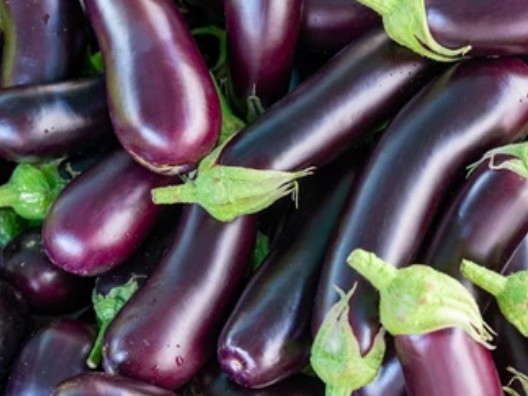Solanum melongena, also known as eggplant, is a plant of the genus Solanum in the family Solanaceae. Eggplant is rich in nutrition, containing protein, fat, carbohydrates, vitamins, calcium, phosphorus, iron,, etc. The fruit of eggplant can be eaten as vegetable. The roots, stems, and leaves of eggplant are used in medicine for diuretic effects. Also, eggplant leaves are used as an anesthetic, and its seeds as an anti-swelling agent. Currently, research on organ differentiation, anther culture, embryo induction, protoplast culture, microspore culture, cotyledon, and hypocotyl regeneration has accelerated the breeding process in eggplant. However, stable and suitable methods for the genetic transformation of eggplant still need to be investigated. Achieving rational use of genetic engineering techniques for the genetic improvement of eggplant is becoming increasingly important.

Lifeasible is committed to providing end-to-end eggplant genetic transformation services; all you have to do is submit samples as required and wait patiently for the results. Our experimental procedures are standardized and customizable, based on mainstream Agrobacterium transformation methods. Our experimental steps are performed by a team of knowledgeable and experienced experts, with strict quality control standards maintained. First, we use eggplant cotyledons as the recipient material. Subsequently, we use Agrobacterium tumefaciens carrying the target gene vector to infest eggplant seedlings and insert T-DNA into the genome. Finally, after resistance screening and differentiation, we will get regenerated positive transgenic strains. We offer customization of vectors with optional marker variants, such as Kanamycin, Hygromycin, Phosphinothricin, G418, etc. You can choose the vector construction service you need from the links below.

Customers can provide constructed eggplant transformation vectors directly, and Lifeasible also offers vector construction services.
| Concentration | Volume | Other requirements |
| 80-100 ng/μL | ≥10 μL | no degradation & no contamination |
| Bacterial broth | Bacterial plate |
| Bacterial broth up to 1-year-old, preserved in glycerol | Bacterial plate activated within one week |
*For special varieties and customized services, the experiment time and the number of seeds needed may be increased. For this, please contact our staff for more information.
*Plasmids, E. coli, and Agrobacterium require cryopreservation and mailing under dry ice to avoid degradation, inactivation, and impact on experimental results.
*The strains, vectors, and receptor materials used in the experiment can be saved for free for half a year for customers, and you can pick them up at any time if you need them.
The whole process of eggplant genetic modification is supported by experienced experts who provide professional service consultation, vector design, experiment customization, professional operation, and progress report. We will not only keep our customers informed of the key points of the experiments but also report the results to you regularly. So you won't miss important stages in the progress of your project. Our one-stop service is designed to ease your research burden and save youtime. You can completely relax and focus on other, more important aspects of your research.
Lifeasible's experts have comprehensive knowledge and years of experience in solving technical problems and challenges in solanum melongena transformation. We can provide customized solutions to help you study a wide range of eggplant varieties. Our services guarantee the success of your project. For more information or any inquiry needs, please feel free to contact us.